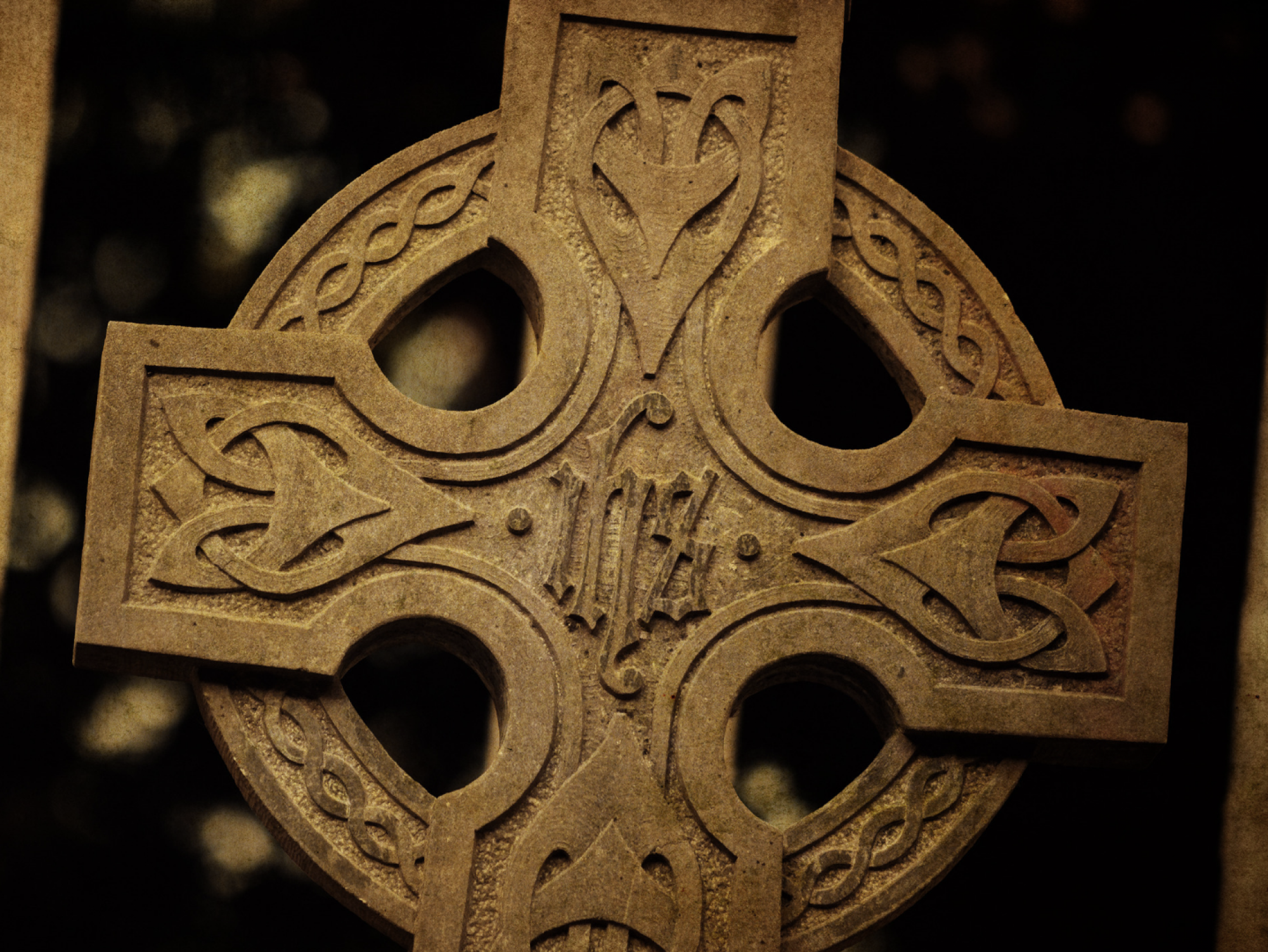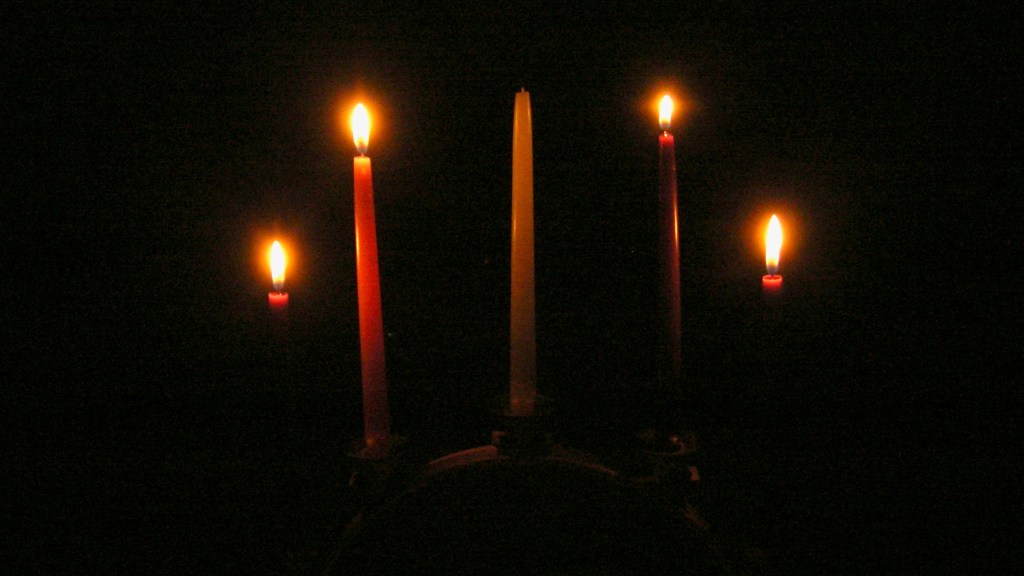Year A readings: Isaiah 7:10-17 | Psalm 24 | Romans 1:1-7 | Matthew 1:18-25
In this week’s passages, a promise is fulfilled: the long-promised Savior is to be born to the people of Israel. It is hope for the future for Israel. The words of Isaiah and the other prophets would finally be fulfilled in Jesus, the son born of the virgin Mary.
A good friend and I recently mended a rift in our relationship that had lasted the better part of eight months. In the intervening time, we had a “working” surface friendship (certainly enough to still pass as friendship in front of acquaintances) and tried, largely independent of each other, to get past our mutual hurt and bitterness, but little moments of avoidance or passive aggression showed that the wounds were not healed. So, a couple of nights ago, I insisted we have the conversation. Long story short, we began to understand the extent of the hurt each of us had inflicted, repented to each other of our mutually grievous sins, and, by the end of the night, we were having our first deep discussion about general life matters in ages. When I went to bed a few hours later, I slept more peacefully than I have in recent memory. It was as if a breath of fresh air had entered my soul.
In the story of redemption, the grievance is from one direction and the reconciliation from the other. We sin, and God becomes like us to redeem us from our offense against him. It doesn’t take a couple of apologies and a “Let’s do better,” as it did for my friend and me. It is a drastic intervention, and we bring nothing to the table. The good news is that God does intervene, he brings everything to the table, and promises to make things even better than before they were broken.
In this week’s Gospel reading, Joseph believes when the angel tells him that the prophecy is being fulfilled. As we wait for yet another promise to be fulfilled and for mankind to be reconciled to God once and for all in a new Kingdom, let us likewise have the boldness to hope in God’s promise.

